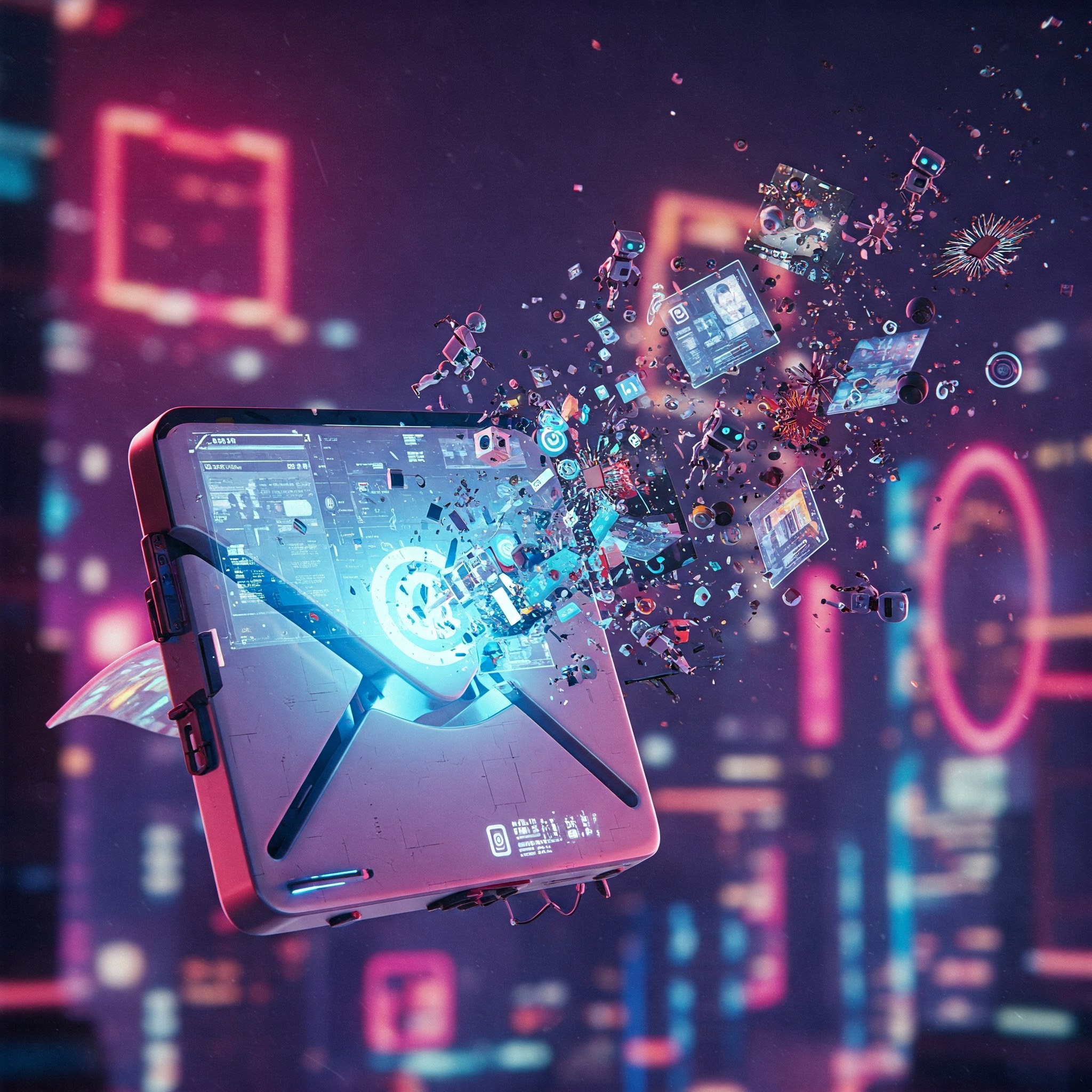Hollywood: the land of dreams, broken aspirations, and crippling existential dread… exacerbated by the rise of artificial intelligence. While the Writers Guild of America (WGA) and SAG-AFTRA were busy battling the machines (or, more accurately, the studios threatening to replace them with machines), a quiet revolution was brewing. Forget dystopian nightmares – some filmmakers are falling (quietly) in love with AI.
The dirty little secret? AI is already here. It’s not about replacing actors with digital puppets (yet), but augmenting the process. Think of it as a super-powered assistant, capable of tackling the mundane and unlocking creative potential.
But let’s be honest, admitting you’re pro-AI in Hollywood right now is like admitting you still use Internet Explorer. Social suicide. Which is why finding filmmakers willing to talk openly was about as easy as finding a parking spot on Sunset Boulevard during awards season.
Our investigation, unearthed for Imperfect Paradise, spoke with two brave (or perhaps foolhardy) souls who dared to peek behind the curtain and embrace the algorithm. Names have been changed to protect the guilty… I mean, the innovative.
Director X: A seasoned indie filmmaker, Director X was initially skeptical. “I thought AI was just hype, another tech bro fantasy. Then I tried it for pre-visualization. Suddenly, I could storyboard entire scenes in minutes, explore different lighting setups, camera angles… stuff that would have taken weeks before. It’s like having a virtual scout, only it doesn’t complain about craft services.”
Director X uses AI primarily for pre-production, generating storyboards, concept art, and even animatics. “It helps me communicate my vision to the crew more effectively. And let’s be real, it saves a ton of money. No more hiring expensive concept artists to draw endless iterations of a spaceship interior.”
Animator Y: Animator Y’s perspective is different. They’re less interested in pre-production and more focused on post-production efficiency. “Animation is incredibly time-consuming. AI can automate a lot of the grunt work: in-betweening, rotoscoping, even basic character animation. It frees me up to focus on the artistic stuff, the emotional nuance, the stuff that actually matters.”
But isn’t that taking jobs away from animators? “Look,” Animator Y argues, “the animation industry is notorious for overworking and underpaying artists. AI can help alleviate that pressure. It can’t replace human creativity, but it can handle the repetitive tasks that burn people out.”
The resistance, of course, remains fierce. The fear is understandable: no one wants to be replaced by a robot. But these early adopters argue that AI is a tool, not a terminator. A tool that, if used responsibly, can democratize filmmaking, making it more accessible and efficient.
Is AI going to ruin Hollywood? Probably not. Will it change it? Absolutely. The future of filmmaking likely lies in a hybrid approach: humans and algorithms working side-by-side, creating stories that are both technically impressive and emotionally resonant. Or, you know, we could just keep making superhero sequels until the sun implodes. Your call, Hollywood.

